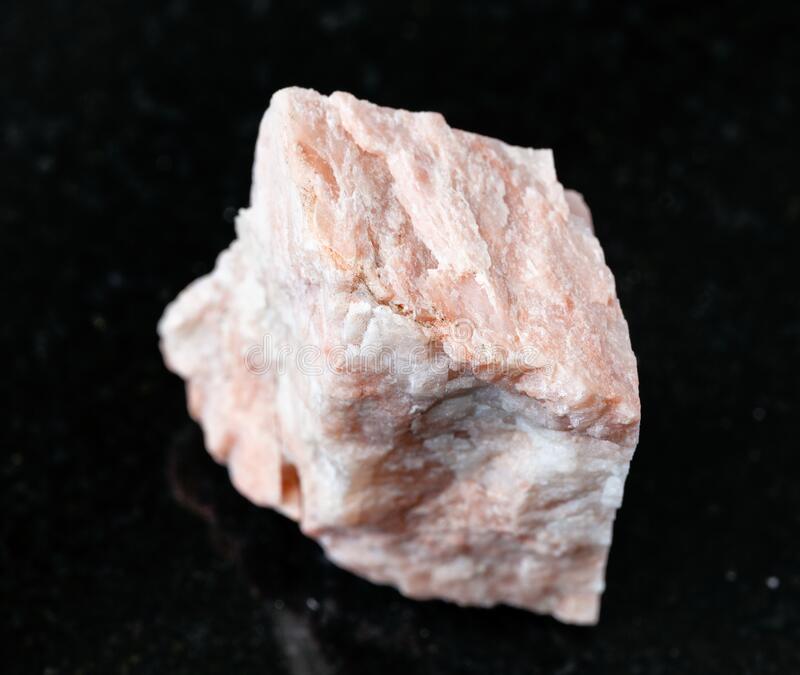Getting Started With Buying Feldspar From Zimbabwe and Exporting It On Your Own
Getting Started With Buying Feldspar From Zimbabwe and Exporting It On Your Own
If you’ve done any research on the global minerals market, then it won’t have escaped your attention that a lot of the world’s most popular minerals are sourced from a small number of countries. For example, mica is mined almost exclusively from India; copper from Chile; fluorite from China and so on. Coarse-grained feldspar is one such mineral which is primarily sourced from just a few countries. The largest producers are Canada, China, and Russia. However, Zimbabwe has proven to be an interesting alternative for companies who want to source this mineral at far cheaper prices than their first choice alternatives. If you’re considering getting started with buying and exporting feldspar from Zimbabwe yourself, this blog post will give you all the information you need to know in order to get started as quickly and efficiently as possible.
Step 1: Establishing a Business in Zimbabwe
If you want to make the most of importing feldspar from Zimbabwe, you’ll need to do two things. Firstly, you’ll need to establish a business in Zimbabwe. Secondly, you’ll need to get an export license from the Zimbabwe government. The process to set up a business in Zimbabwe is quite straightforward, but it will take a few weeks. You’ll need to apply for an investment certificate, a certificate of good standing, and an employment license. If you’re importing for the first time, then you’ll also need to apply for an import license. For the import license, you’ll need to provide details about your company, the product you’re importing (Feldspar), the quantity you intend on importing, the importer, exporter, and the port of entry. You’ll also need to pay a one-time fee of $50 and an annual fee of $40.
Step 2: Finding and Testing Potential Suppliers
Once you’ve established your business and gotten your export license, you’ll need to start looking for potential suppliers. Finding reliable, high-quality suppliers will be crucial to your business’ success. Doing this is not as easy as it might seem, which is why you should consider hiring a sourcing agent to help you. Given the price difference between feldspar from Zimbabwe and China, you’ll want to make sure you find the best quality product available. In order to do this, you should test your samples thoroughly.
- Quartz content: The quartz content of your samples will give you an idea of the durability of your final product. The lower the quartz content, the more fragile your product will be.
- Impurities: You should be looking for low impurities in your samples. You can check these with a microscope.
- Colour: The colour of your product will be a significant factor in how it’s being used. It will also affect the price you get for it, although not as significantly as quartz content and impurities.
Step 3: Negotiating the Price and Contract
Once you’ve found a supplier who can provide you with samples that meet your requirements, you’ll want to negotiate the price and contract. Once you have samples in hand, you can use them to determine the price of your order. After all, samples are often fully paid for. If you and your supplier agree on a price for your order, you can add it to the contract. You can then use the sample contract to negotiate the final contract with your supplier. It’s important to remember that any contract you sign will be legally binding. You’ll want to be sure that you understand anything that you’re signing.
Step 4: Shipping Everything to Your Warehouse
Once you’ve signed your sample contract and placed your order, you’ll need to make arrangements to ship your product to your warehouse. Shipping costs vary depending on which shipping company you use and where you’re shipping your product to. Customs and tariffs also play a significant role in the cost of shipping your product. Unfortunately, there is no way to avoid these fees. You’ll need to pay them in order to ship your product to your warehouse.
Step 5: Wrapping Up
After the product is shipped, you’ll want to make sure to carefully check it for any damage. If your product is damaged in any way, you’ll need to make a claim against the shipping company that delivered it. Once your product is in your warehouse, you’ll want to start marketing it and selling it. The key to success with any mineral product is to make sure that you’re marketing it to the right people. Given the lower cost of importing feldspar from Zimbabwe, you may be able to sell your product for a lower price than your competitors. This will allow you to undercut the competition and gain new customers who may have otherwise purchased from your competitors.








LEAVE A COMMENT
You must be logged in to post a comment.